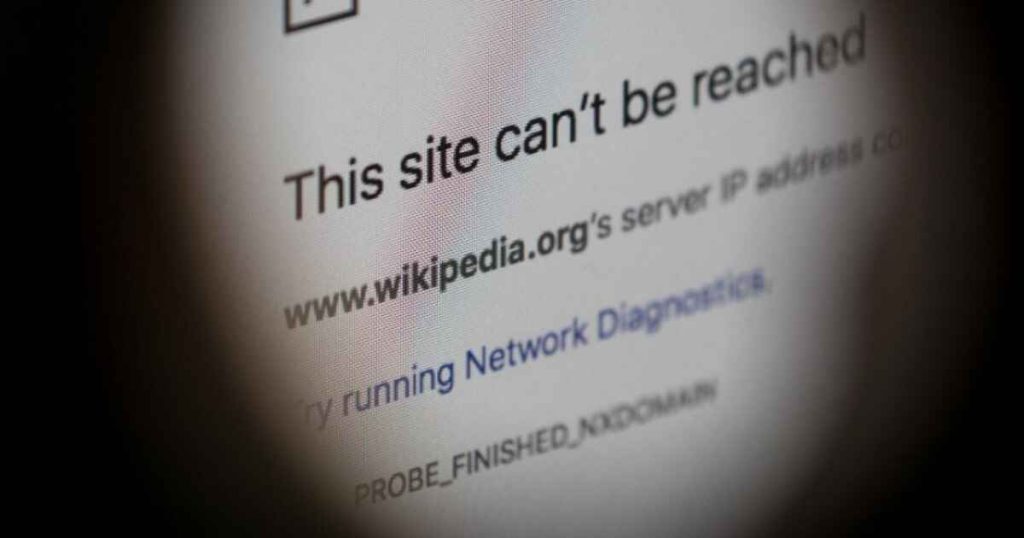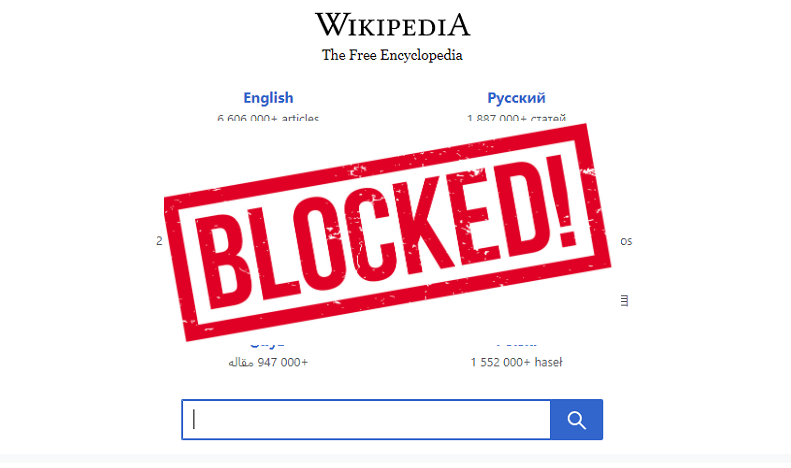
PTA bans information-based site Wikipedia over sacrilegious content. Despite the warning and notice, the site did not remove the content for 48 hours. Social media is protesting over the block.
The Pakistan Telecommunication Authority (PTA) has banned the popular online encyclopedia Wikipedia in the country for not “blocking/removing sacrilegious content” within the 48-hour deadline given to the website, a spokesperson confirmed on Saturday.
Also See: Riko Diq would be life-Saving for Pakistan’s economy
Wikipedia is a free, crowdsourced, editable online encyclopedia often used as a starting point by millions across the world for basic information. The PTA had on Wednesday bans Wikipedia services countrywide for not complying with the directives for the removal of controversial content from the website.
Wikipedia, the popular and free online encyclopedia, has asked Pakistan to restore access to its service in the country, saying that it does not make decisions around what content is included on its platform. This comes after the Pakistan Telecommunication Authority (PTA) banned Wikipedia in the country for not taking down “sacreligious content”.
In a post on Twitter, Wikimedia Foundation, the charity that runs Wikipedia, confirmed the suspension, saying that other Wikimedia projects in the country were also banned.
Netizens are reacting strongly to the recent ban on the popular online encyclopedia Wikipedia in Pakistan. Analysts and activists are criticizing the latest move by the Pakistan Telecommunication Authority (PTA).
Netizens are calling the decision regressive and harmful to Pakistan’s global image. They are also urging Prime Minister Shehbaz Sharif to ask PTA to remove the ban as it blocks access to information.

Experts on digital media have even explained that Wikipedia is a crowdsourced and editable online encyclopedia where anyone with an account can edit articles. PTA can also edit objectionable articles instead of blocking access to the entire website.
Pakistan also blocked YouTube from 2012 to 2016. In recent years, the country has also blocked the wildly popular video-sharing app TikTok several times over “indecent” and “immoral” content.


 (1/4)
(1/4)